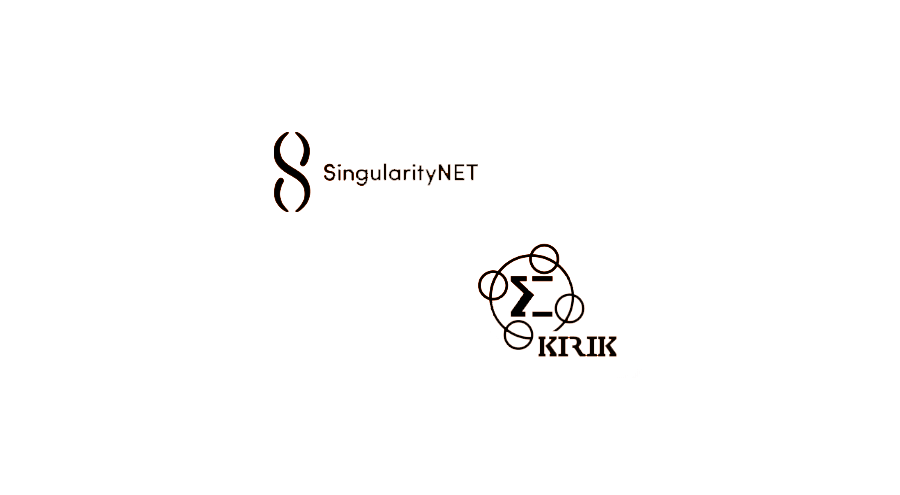The decentralized AI marketplace SingularityNET and Kirik, an AI 2.0-based infrastructure to unite blockchains, have partnered to enable the advanced AI analysis of smart contracts.
Kirik’s semantic contracts, which are smart contracts represented as collections of statements in formal logic, can be analyzed using mathematical and AI methods so that the possibility of bugs and unexpected behaviors in smart contracts can be reduced in a rigorous and automated way.
For SingularityNET, the ability to analyze smart contracts within Kirik-enhanced OpenCog agents running within the network will give it the ability to formally analyze and understand its own economic operations.
“This is an important step toward meta-learning – the ability of an AI system to understand and analyze itself,” said SingularityNET CEO Dr. Ben Goertzel. “Ultimately, it will enable a future version of the SingularityNET network to revise and improve its own smart contract infrastructure.”
Advanced smart contract cybersecurity is becoming pivotal, as key economic relationships in society are implemented through smart contracts executed in relation to blockchains, according to Kirik CEO Vitaly Gumirov.SingularityNET
“We need to reduce the possibility for bugs and unexpected behaviors in the smart contract layers of decentralized applications,” said Gumirov. “The only clear path to this lies in the development and rollout of executable specifications and formal software analysis tools.”
The Kirik software can be used to help load smart contracts into OpenCog, the Artificial General Intelligence (AGI) engine developed by members of the SingularityNET team. OpenCog’s Probabilistic Logic Networks (PLN) engine can then be used to analyze smart contracts probabilistically, along with using ordinary crisp logic, thus estimating the odds of various sorts of problems occurring.
The software developed via the partnership also has the potential to alter the way smart contracts are written.
“Before long, the details of most smart contracts are likely to be created by automated methods, i.e., it will be AI software writing detailed smart contracts,” added Dr. Goertzel. “OpenCog or other logic engines can be used to transform initial higher level specifications provided by human developers into detailed smart contract code.”
The availability of formal methods for proving properties of smart contracts will highlight one of the well-known weaknesses of the Solidity smart contract scripting framework: the extreme, and often unnecessary breadth of the set of contracts one can create using the framework. Given the extremely broad scope of Solidity, contracts can be created by programmers that are difficult for logic engines to formally analyze. However, the Kirik team has shown that a much more restricted class of smart contracts can fulfill all practically relevant business functions.
The advent of tools like the ones SingularityNET and Kirik are building together will encourage programmers to develop contracts using an appropriately restricted subset of a highly general language like Solidity, or a more intrinsically restricted semantiс smart contract language based on a subset of the first order predicate logic, such as the Librettino language created for use with the Kirik blockchain.
The Kirik software embodies the possibility of transforming smart contracts written in procedural languages, such as Solidity, into formal logical form. Such a transformation of procedural code into a semantic model, though, will require additional research and development, according to Gumirov.
According to Dr. Goertzel, the software developed by SingularityNET and Kirik bringing their deep computer science technologies together can potentially play a transformative role in the development of the new decentralized economy.
